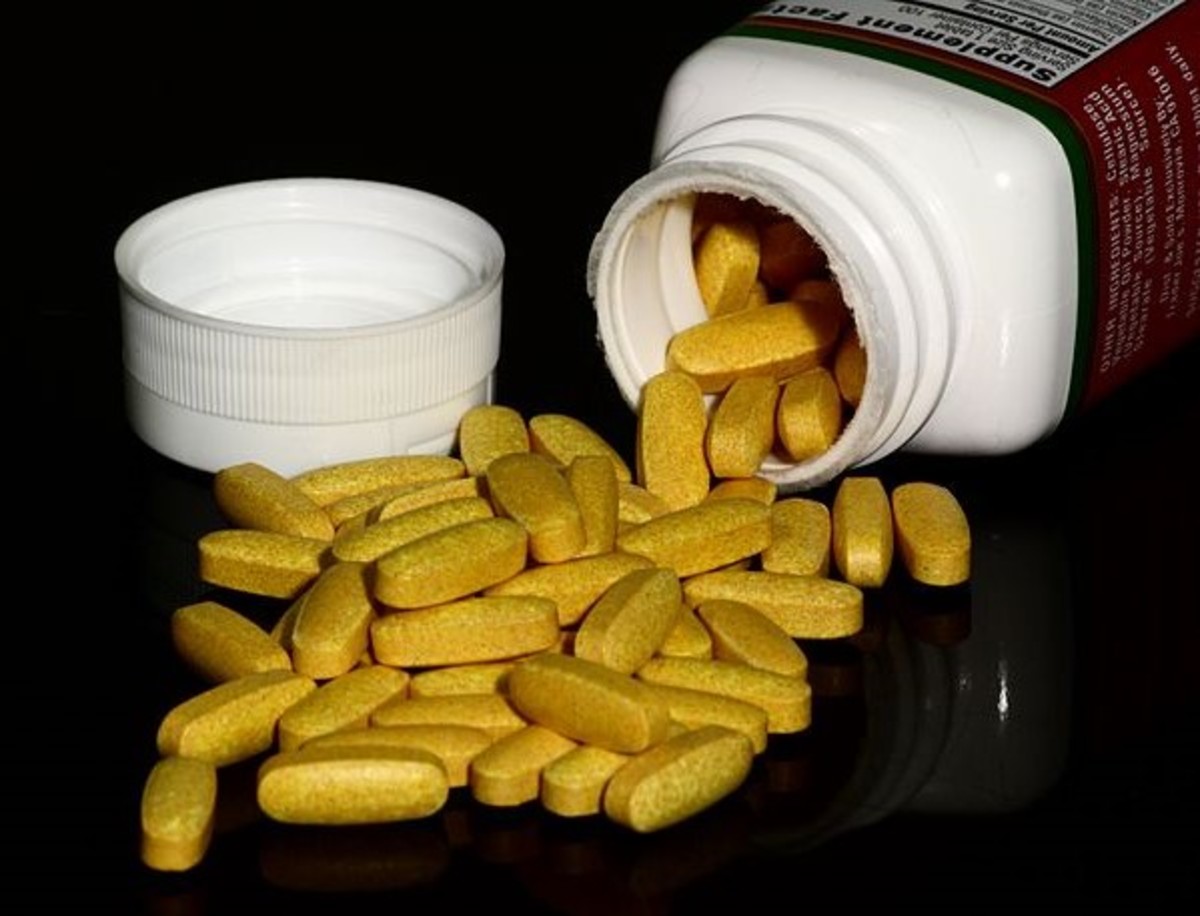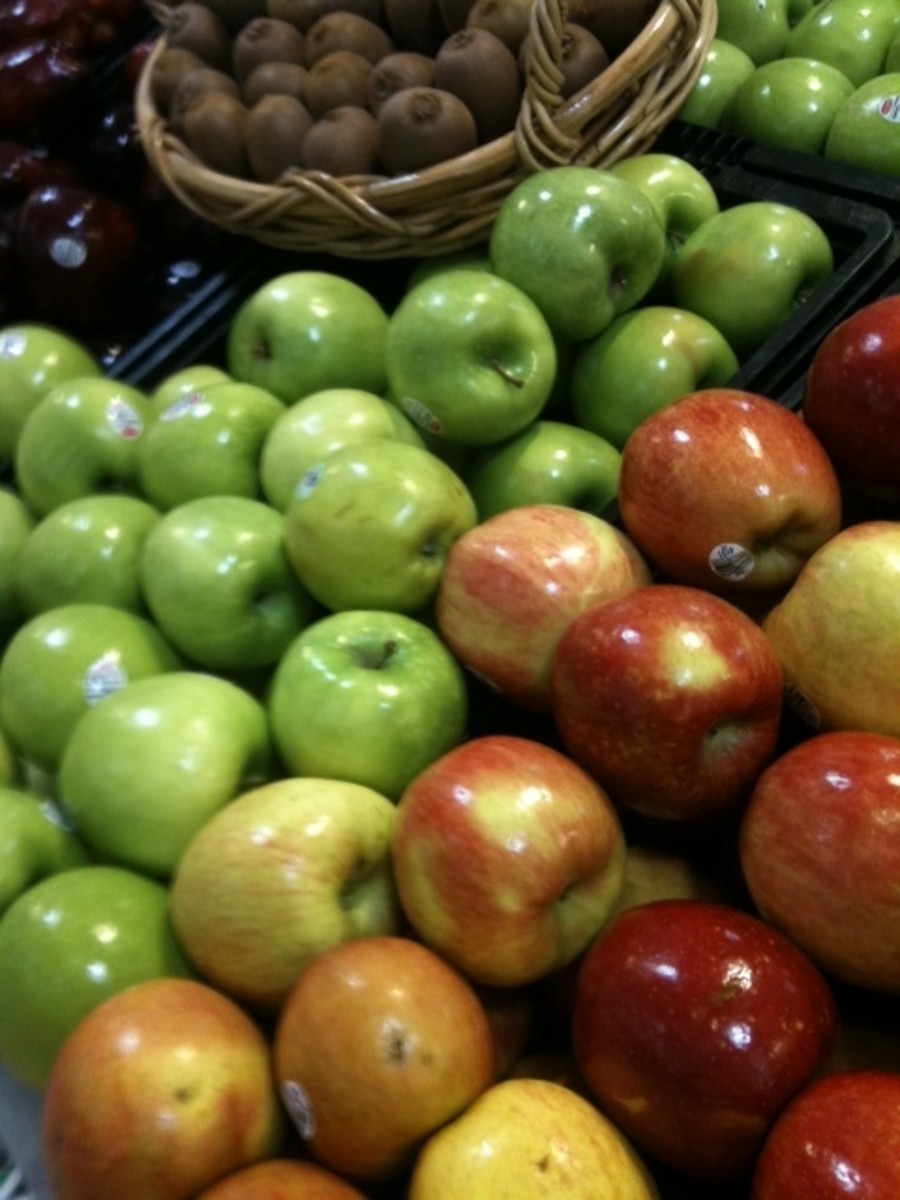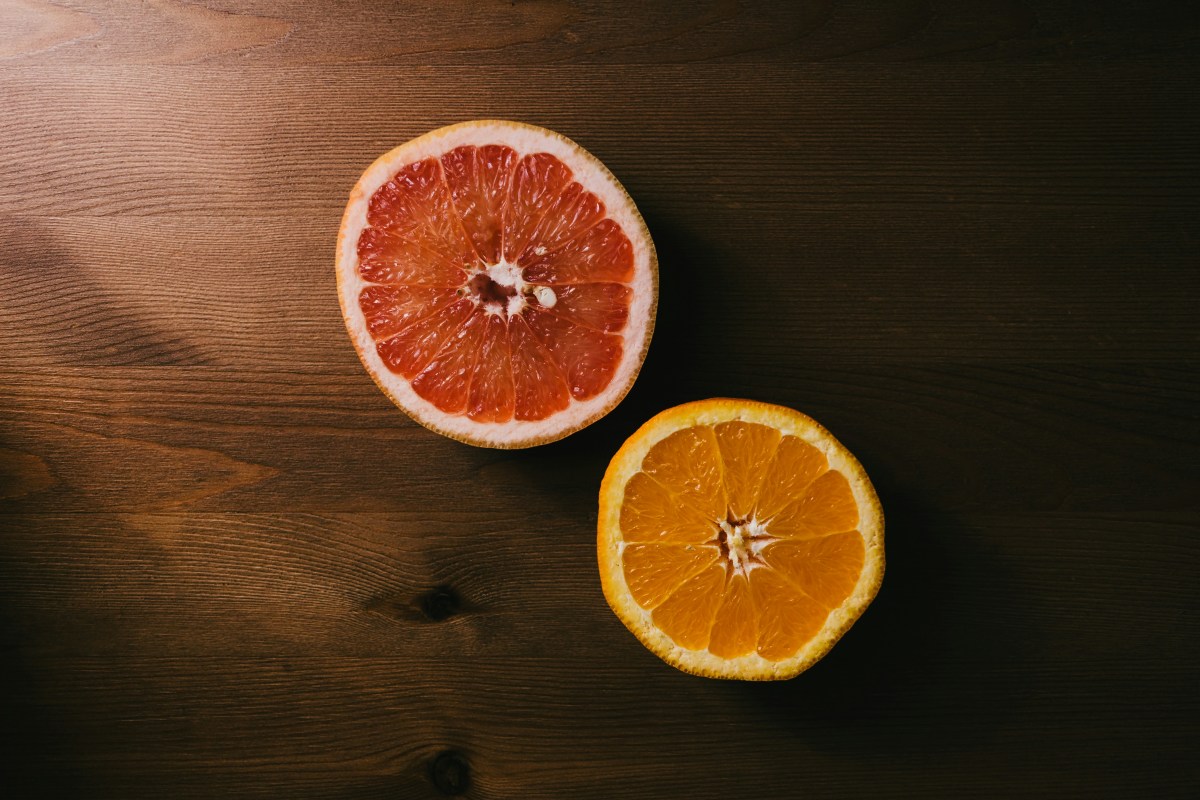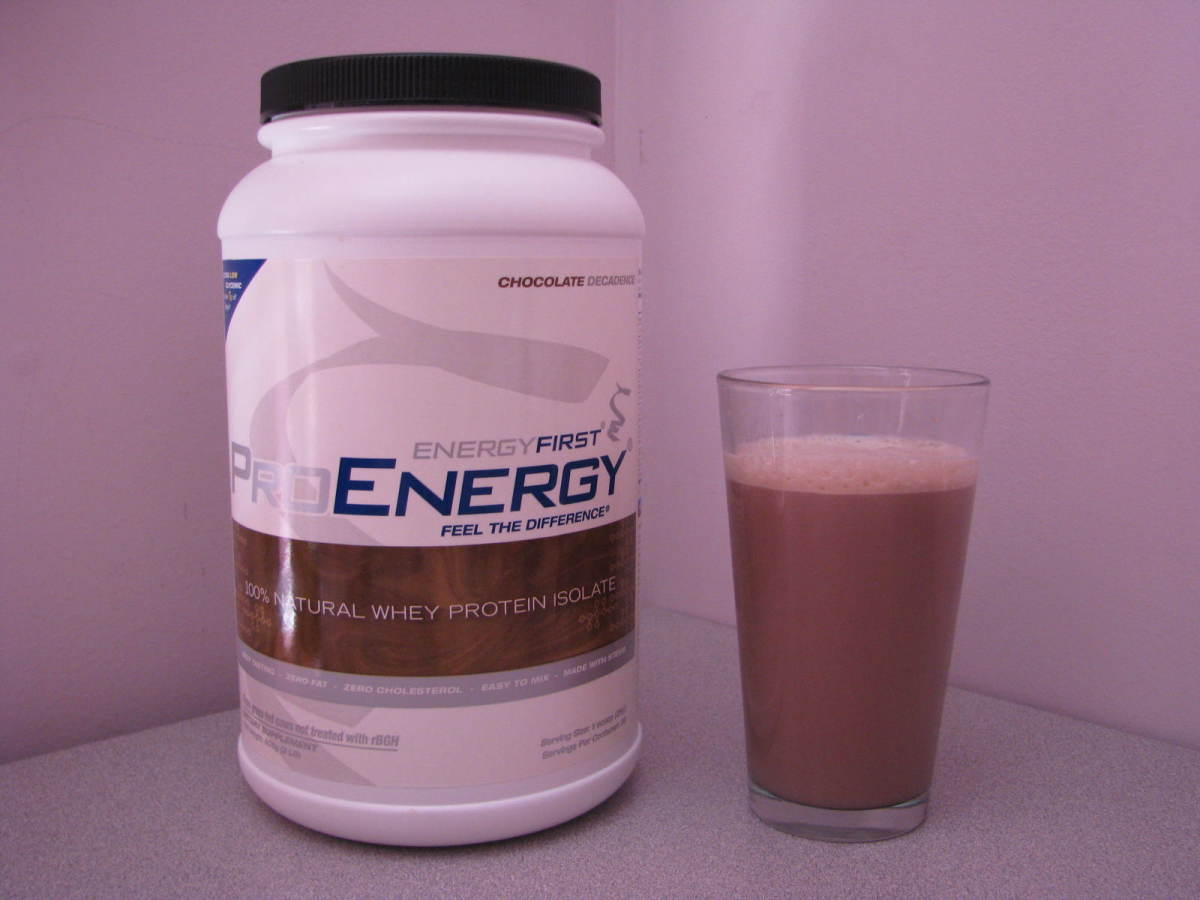Healthy Living With Vitamins and Nutritional Supplements
Supplement Your Diet With Vitamins
There is no magic pill that offers long life and a cure for all your ills. But you can live a long and healthy life by eating right and supplementing your diet with some proven vitamin and nutritional supplements.
Vitamins and nutritional supplements are not intended to replace a healthy diet, but there are various supplements that have been studied for their strong antioxidant qualities and their ability to improve health.
Antioxidants prevent free radicals from causing cell damage. They support the immune system and are thought to protect the body against many types of cancer, heart disease and pre-mature aging. Most of these vitamins and minerals can be found in the foods you eat, but not in the quantity necessary to guard against these health risks. Also a quality high potency vitamin will contain most of these supplements. But some studies indicate that a higher dose is needed to gain the maximum benefits. As with any new regime, check with a health care professional before taking more than the recommended dose.



Vitamin A
Vitamin A is found in liver and eggs. It can be effective against various types of cancer, and is beneficial to the skin and eyes. Vitamin A is found in most high potency multivitamins.
Typical daily dose 1-2000mg
Maximum daily dose 1,500 to 9,000
Natural Sources of Vitamin A
liver
cod liver oil
butter
cheddar cheese
eggs
Acidophilus
Acidophilus promotes a healthy intestinal system by supporting a favorable environment for the absorption of nutrients.
Beta-carotene
Beta-carotene is present in yellow fruits and green leafy vegetables. When ingested the body converts it to vitamin A as needed. Beta-carotene can protect the body against cancer and heart disease and is a strong antioxidant. Beta-carotene is found in high potency mulitvitamins.
Typical daily dose 6-15 mg
Natural sources of Beta-carotene
carrots
sweet potatoes
chile peppers
spinach
dark-leaf lettuce
tomatoes
broccoli



Vitamin C
Vitamin C promotes new cells and tissue. It can protect against many types of cancer and heart disease. Vitamin C's antioxident properties are believed to be beneficial to smokers by protecting them from the negative effects of free radicals.
Typical daily dose 250-1,000mg
Maximum daily dose 2-3,000mg
Natural sources of Vitamin C
chile peppers
bell peppers
strawberries
brussels sprouts
oranges
grapefruit
green salad
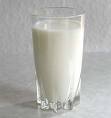
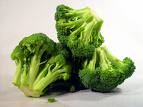


Calcium
Calcium strengthens bones and improves bone mass and has proved to be integral in the prevention and treatment of osteoporosis.
Typical daily dose 800-1,000 mg
Maximum daily dose 1,500 mg
Natural sources of Calcium
cheddar cheese
almonds
soybeans
milk
yogurt
spinach
shrimp
broccoli
Chromium Picolinate
Chromium Picolinate burns fat and increases muscle mass. It has been successful in lowering cholesterol levels and maintaining healthy blood sugar.
Coenzyme Q10
Coenzyme Q10 is found naturally in the body and is used to control the oxidation of fats and sugars into energy. As the body ages, the level of Coenzyme Q10 decreases. Supplementing this enzyme can keep the cell energy in the body at a vital level.
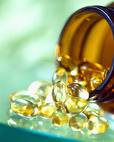
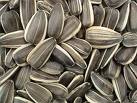


Vitamin E
Vitamin E can reduce the risk of heart disease. It is also being studied in relationship to strengthening the immune system in older adults which may slow the development of Alzheimer's disease.
Typical daily dose 400 i.u.
Maximum daily dose 1,200 i.u.
Natural sources of Vitamin E
sunflower seeds
hazelnuts
almonds
mayonnaise
popcorn, plain
sweet potato
tomato paste
Ginkgo biloba
Ginkgo biloba is an herb that can improve the circulation system. It is also known to enhance memory.

Green Tea Extract
Green tea extract contains the powerful antioxidants polyphenols and flavonols. The antioxidant levels in green tea are thought to be so high that the effect of one cup of green tea is far greater than a serving of broccoli, spinach, carrots, or strawberries.
Lipoic Acid
Lipoic Acid helps maintain the energy system in the body. It is a versatile antioxidant that has the ability to fill in for other antioxidants that may be in short supply. Lipoic acid can also keep blood sugar levels down.

Lycopene
Lycopene is a carotenoid which is stronger than beta carotene. Lycopene gives the red color to tomatoes, watermelon, pink grapefruit and papaya. Like beta carotene it can protect the body from heart disease and cancer.
Melatonin
Melatonin is released by the body at night during sleep. It is a potent antioxidant and studies have found it important in the protection against degenerative diseases.
Omega-3
Omega-3 is a fatty acid made from fish oil and contains good fat. The essential fatty acids found in Omega-3 are eicosapantaenoic acid (EPA) and decosahexaenoic acid (DHA). Omega-3 can protect the body from heart disease and cancer. Omega-3 supplements should contain 306 milligrams of EPA and 240 milligrams of DHA.
Selenium
Selenium is mineral that has been found to be useful in protecting against stroke. It may also reduce the risk of cancer when taken in high doses. This mineral is found in most high-potency vitamins.
Typical daily dose 100-200 ug
Maximum daily dose 500 ug
Natural sources of Selenium
mixed nuts
lentils
tuna
wheat flour
salmon
cashews
lean pork
walnuts
Related Articles
Related Links
- Vitamin and Mineral Supplement Fact Sheets
- Drugs and Supplements - MayoClinic.com
Look up prescription and over-the-counter drug information. - Vitamins and Calcium Supplements: Food Sources, Drug Interactions and Health Benefits on MedicineNet
Get the facts on vitamins and calcium supplements. Learn about vitamin deficiencies, drug interactions, food sources, health benefits and overdose and absorption information. - Recommended Supplements & Vitamins
The not-for-profit site with tips about heart, health, foods and vitamins -- The Vitamin Page.



